Understanding the Impact of Automated Case Sealers on Packaging Efficiency and Cost Reduction
In today's fast-paced manufacturing landscape, the efficiency of packaging operations is paramount to staying competitive and reducing costs. One of the key innovations driving this efficiency is the use of automated case sealers. These advanced systems not only enhance the speed and accuracy of packaging processes but also minimize the labor costs associated with manual sealing methods.
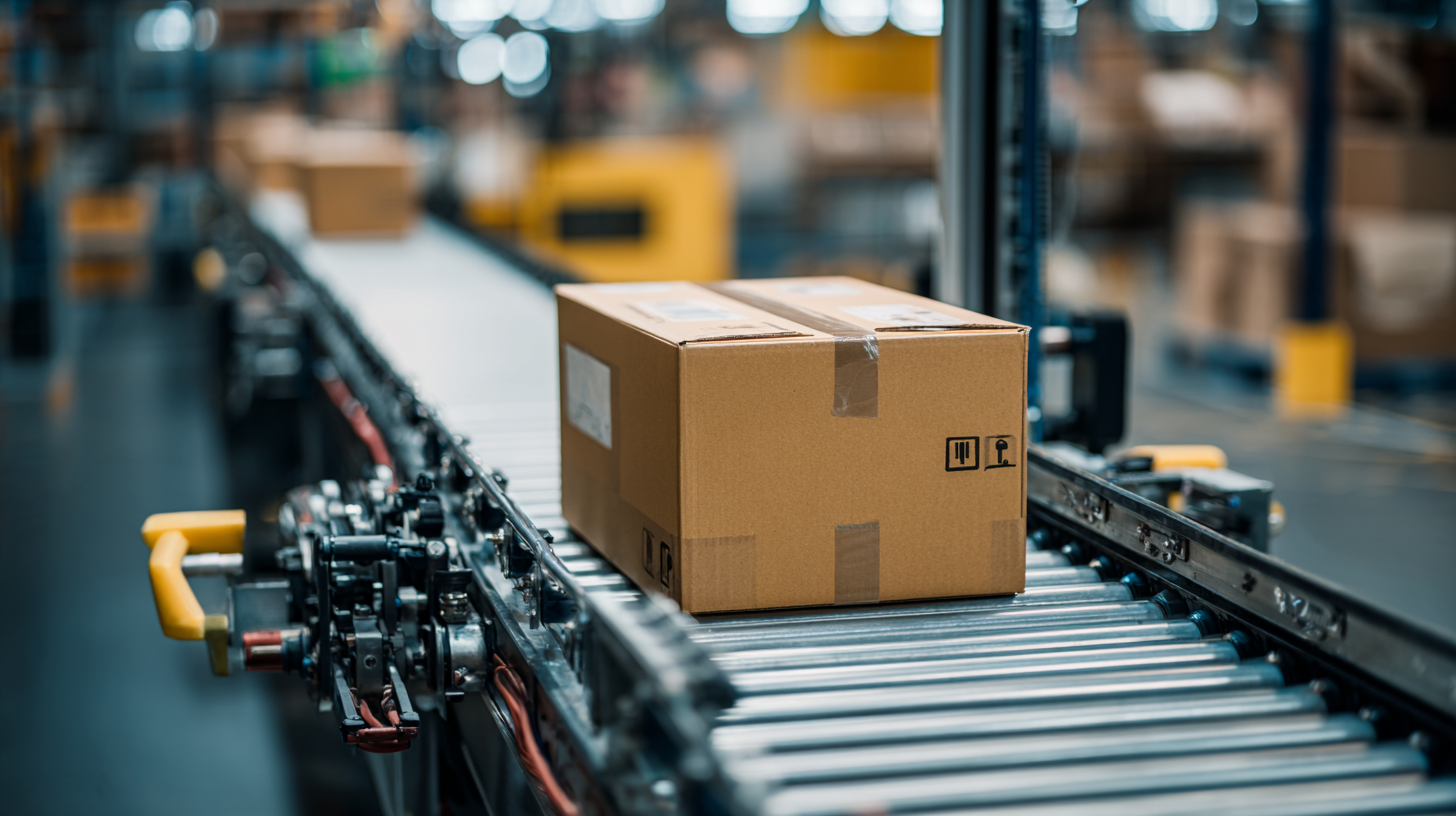
By integrating case sealers into packaging lines, companies can achieve a significant reduction in operational bottlenecks, leading to streamlined workflows and improved product throughput. Furthermore, the consistent quality of seals produced by automated equipment reduces the risk of package damage during transit, thereby enhancing customer satisfaction.
This article delves into the multifaceted impact of automated case sealers on packaging efficiency and cost reduction, examining both quantitative and qualitative benefits that these technologies bring to modern production environments.
The Role of Automated Case Sealers in Streamlining Packaging Operations
Automated case sealers play a pivotal role in streamlining packaging operations, significantly enhancing efficiency in various industries, particularly food and beverages. With the growing demands of e-commerce and logistics, these machines simplify the sealing process, ensuring consistency and reducing the time required to prepare products for shipment. Recent advancements in packaging technology, such as integration with robotics for product customization, have further streamlined these operations. This means that businesses can respond more swiftly to market demands while maintaining high standards of quality.
The rise of the automated packaging solutions market, projected to grow substantially in the coming years, underscores the trend toward automation in packaging. Companies increasingly seek systems that not only improve throughput but also adapt to varying product specifications. For instance, applications in deli cheese production have led to significant increases in efficiency, showcasing the impact of automation on operational capabilities. As industries continue to evolve, the implementation of automated case sealers will be crucial in optimizing packaging workflows, reducing operational costs, and ultimately delivering better service to consumers.
Understanding the Impact of Automated Case Sealers on Packaging Efficiency and Cost Reduction
| Parameter | Before Automation | After Automation | Improvement (%) |
|---|---|---|---|
| Packaging Speed (cases/hour) | 120 | 200 | 66.67% |
| Labor Cost ($/hour) | 25 | 15 | 40% |
| Material Consumption (meters per 100 cases) | 500 | 350 | 30% |
| Error Rate (%) | 5 | 1 | 80% |
| Overall Cost Reduction (%) | - | - | 25% |
Key Metrics: Quantifying Efficiency Gains from Automated Sealing Technology
The integration of automated case sealers in packaging processes significantly enhances efficiency and reduces operational costs. One of the key metrics to consider is the sealing speed; automated systems can seal cases at a rate much faster than manual methods. This increase in speed minimizes bottlenecks in the production line and allows for higher throughput, meaning that companies can process larger volumes of products in a shorter amount of time. Additionally, consistent sealing quality achieved through automation reduces the likelihood of product damage during transit, leading to savings on returns and rework.
Another vital metric is labor cost savings. With machines handling the sealing process, companies can allocate human resources to more value-added activities rather than labor-intensive manual sealing. This shift not only cuts down on direct labor costs but also leads to improved employee morale, as staff are freed from monotonous tasks. Furthermore, automated systems can offer data analytics capabilities that track sealing performance, enabling companies to identify inefficiencies and optimize their operations continually. As a result, the implementation of automated case sealers positions businesses for both short-term and long-term financial gains.
Cost Analysis: How Automated Case Sealers Reduce Packaging Expenses
The implementation of automated case sealers significantly contributes to reducing packaging expenses in various industries. By minimizing human intervention, these machines enhance accuracy and speed in the sealing process. This efficiency not only decreases labor costs but also reduces the likelihood of errors that can lead to product damage and increased waste. As a result, companies can allocate their financial resources more effectively, focusing on growth and other critical areas.
Furthermore, automated case sealers optimize material usage by ensuring consistent application of sealing materials. This precision leads to less overuse of tape and adhesives, resulting in substantial cost savings over time. In addition to direct savings on materials, businesses benefit from reduced downtime associated with manual sealing processes. The integration of automation streamlines operations, enabling faster turnaround times which can positively influence overall profitability.
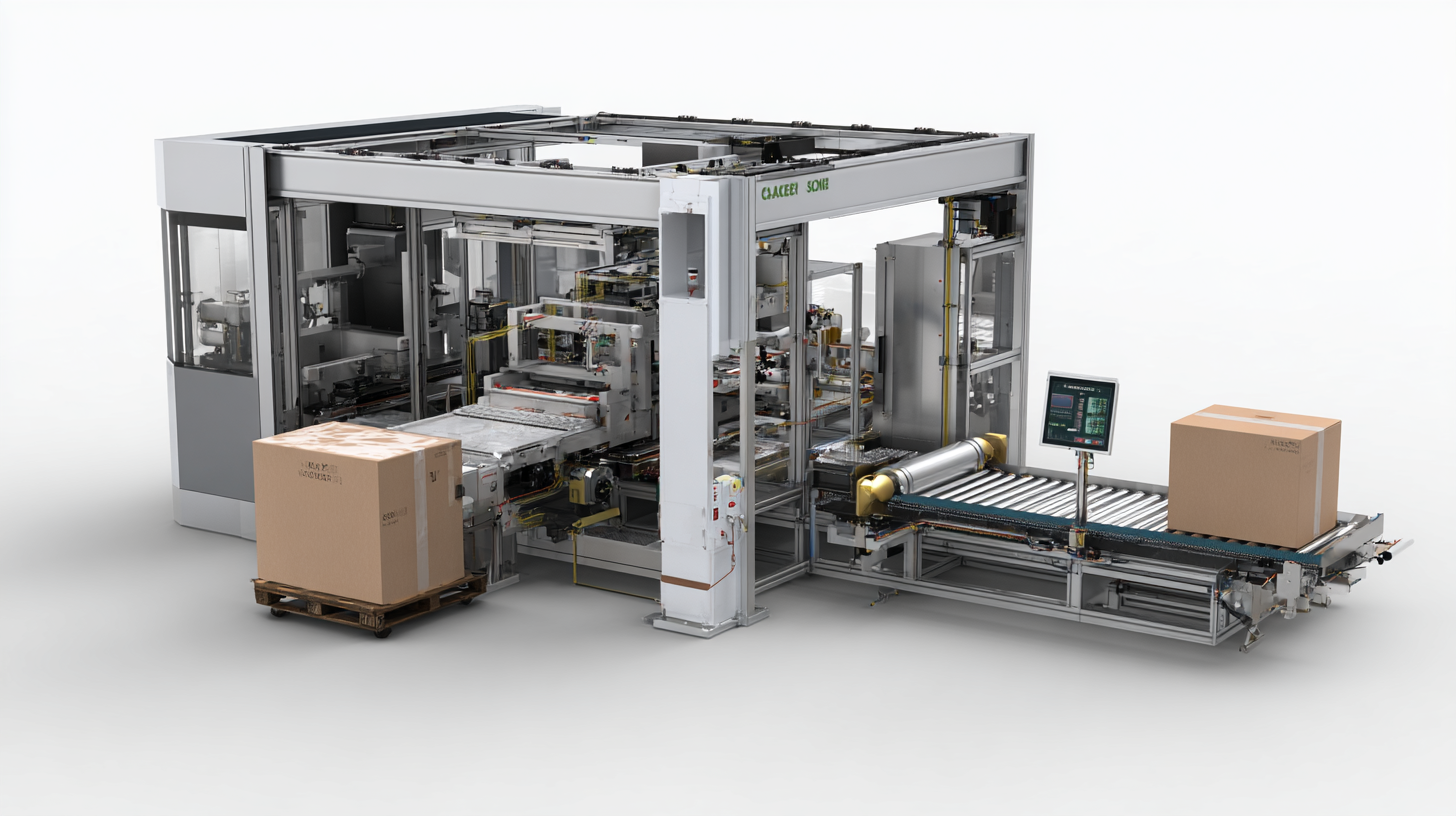
Case Studies: Successful Implementations of Automated Sealing in Various Industries
Automated case sealers have revolutionized packaging processes across various industries, showcasing significant improvements in efficiency and cost reduction. In the food and beverage industry, for instance, a leading manufacturer implemented automated sealing systems that increased their packing speed by 30%. This transition not only allowed for faster throughput but also reduced labor costs substantially, as fewer workers were needed to manage sealing operations. The accuracy of the automated systems minimized product wastage, further enhancing the company's profitability.
In the e-commerce sector, automated case sealers have played a crucial role in streamlining fulfillment processes. A renowned online retailer adopted these technologies and reported a 40% reduction in packaging time. The consistency and reliability of the automated sealers ensured that packages were securely sealed, reducing the chances of product damage during transit. Furthermore, this implementation resulted in lower material costs, as the precise sealing minimized the need for excess tape and packaging materials. These case studies exemplify how automated sealing solutions can drive operational excellence across diverse industries.
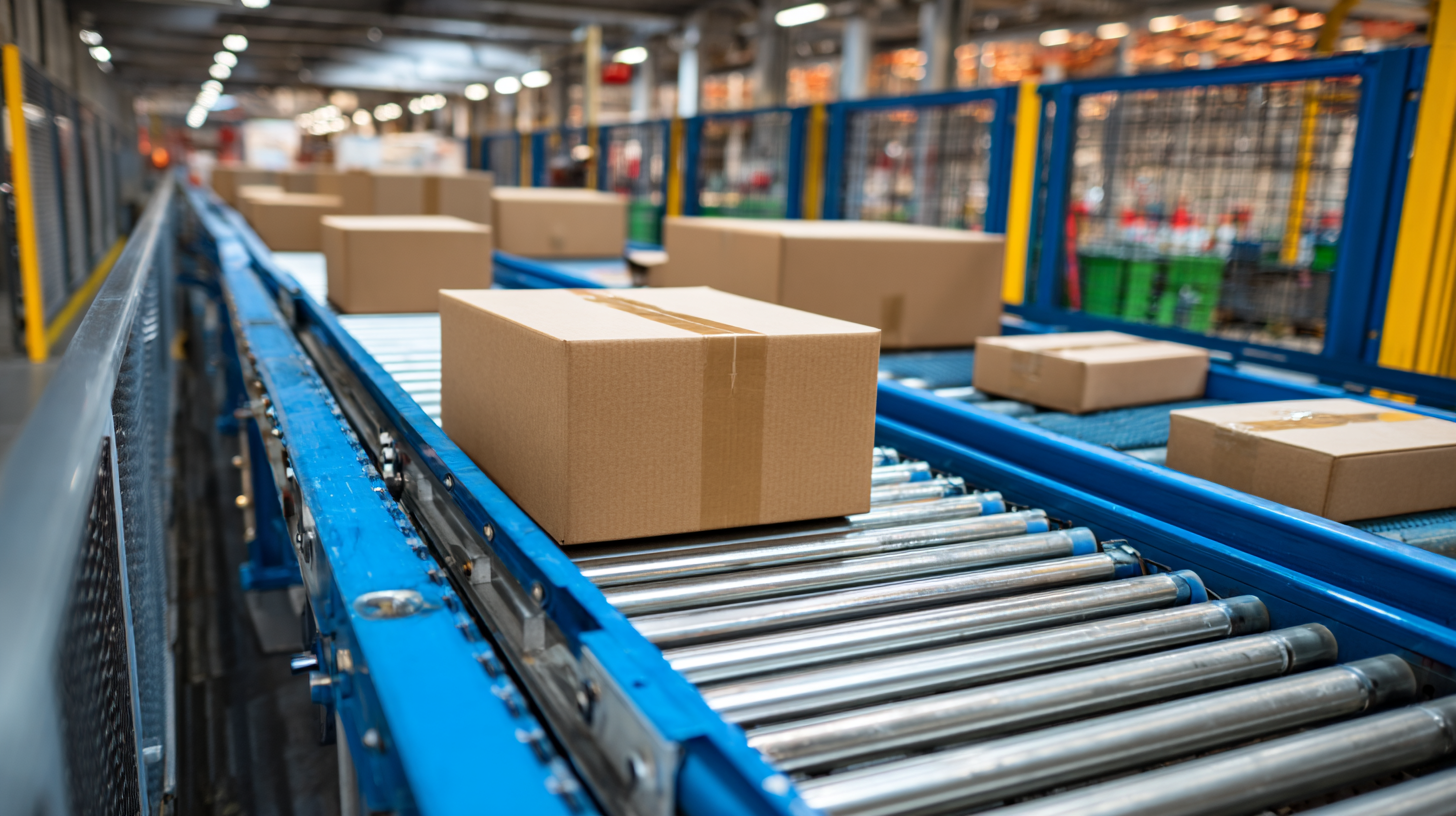
Future Trends: Innovations in Automated Case Sealers and Their Impact on Packaging Efficiency
Automated case sealers are revolutionizing the packaging industry, particularly with the introduction of high-end technologies that enhance overall efficiency. As companies continuously seek to improve their production processes, innovations in automated sealing solutions are at the forefront of this transformation. These advancements not only streamline packaging operations but also significantly reduce labor costs and minimize material waste, leading to enhanced profitability.
The future of automated case sealers appears promising, with trends indicating a move towards more intelligent and adaptable systems. Cutting-edge technologies, including AI and IoT integration, are set to enable real-time monitoring and adjustments to optimize performance. These innovations will allow manufacturers to maintain flexibility in their packaging lines, quickly adapting to varying product sizes and increasing throughput while maintaining high-quality standards. As packaging demands evolve, the role of automated case sealers will become increasingly vital in achieving operational excellence and cost efficiencies.
Related Posts
-

Unlocking Excellence: The Comprehensive Guide to Sourcing Top-Notch Case Sealers for Global Procurement
-
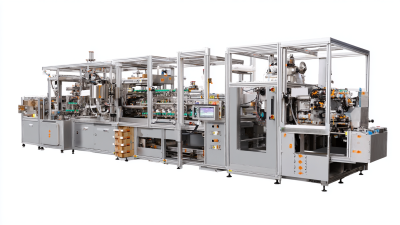
Innovative Designs of Best Carton Erector Machine for Global Buyers
-

Unlocking Efficiency and Savings with Innovative Case Sealers for Your Business Needs
-
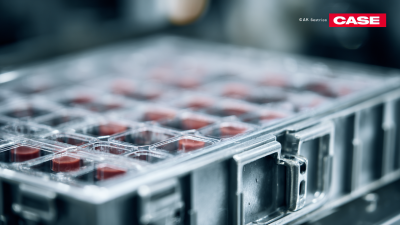
How to Identify Reliable Suppliers for the Best Case Sealer Without Compromise
-
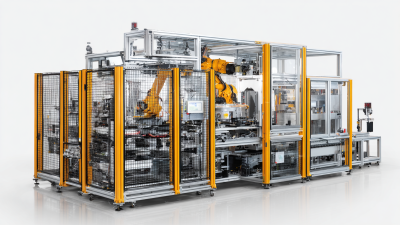
Exploring 2025 Technological Advancements in Best Case Erectors for Global Buyers
-
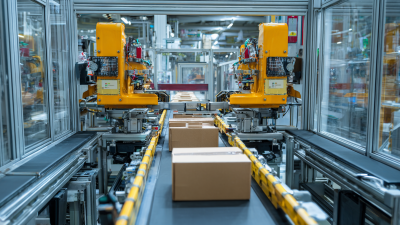
12 Remarkable Benefits of Using a Case Packer Machine in Your Production Line
